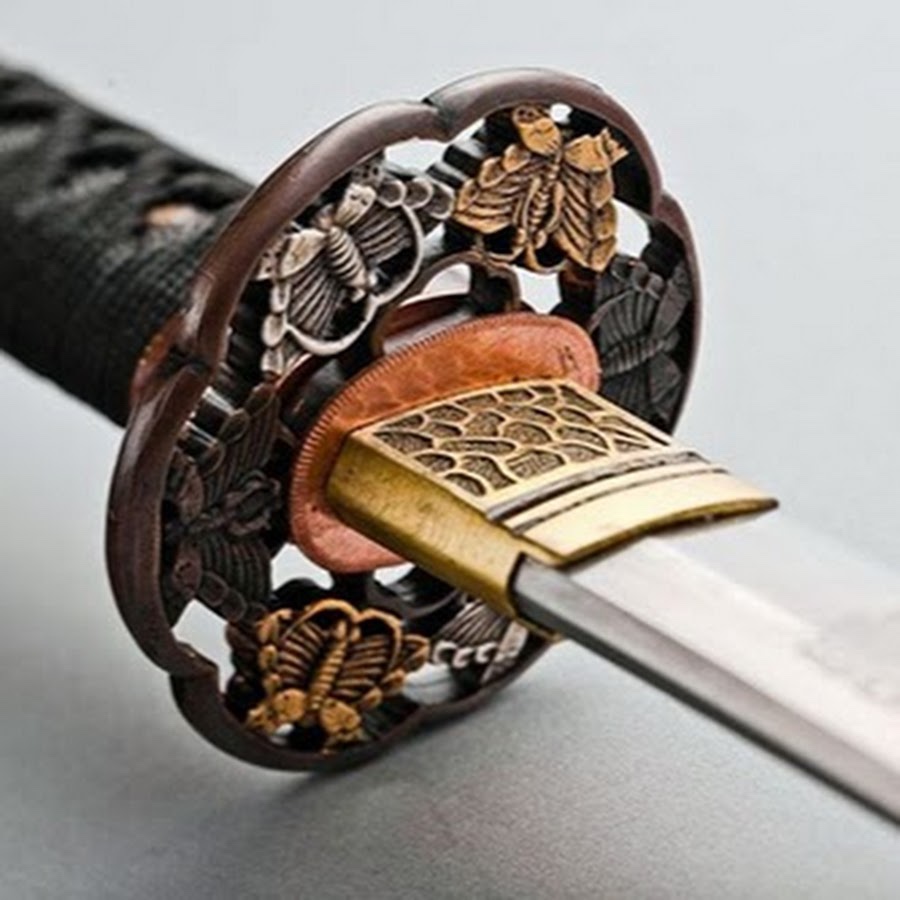Modern Day “Bushi” #261

In my last post I referenced the term Bushido which, has since occurred to me, deserves greater explanation. For those unfamiliar, the word “Bushi” represents samurai or one who was a member of a family community and who’s profession was a warrior. The word “dō” signifies “a way of life” hence the translation “the way of the warrior”. If you have a Martial Arts background you are likely familiar with this term and the concept behind the lifestyle of daily improvement and following a code.
While many understand Samurai to represent a sword-wielding fighter of military origin, the word actually stems from the verb “to serve” (Jisiru). Initially Samurai were civilian servants who served their community. The term would not be used towards military men skilled with the sword and bow until hundreds of years later. Being a samurai meant living your life according to a code mostly built around honor and discipline (the most highly regarded attributes within Japanese culture). Failure to meet these standards is what led to the disembowelment ritual know as Seppuku. These men quite literally lived a life of “death before dishonor”. The code by which a samurai lived and judged his actions was “bushido” which is made up by the characteristics below.
1. Justice – Decisions should be made quickly and decisively, always based on the right reasons.
2. Courage – Doing the right thing based on our beliefs rather than what people think we should do. Most noble acts involve a high level of courage.
3. Mercy – “With power comes great responsibility”. Having the power to kill and be dangerous is a necessary force, it was greatly important for the samurai to be balanced in their thinking. Killing, was only to be done for the right reasons and if there was no need to kill you should be merciful and sympathetic.
4. Respect – It is one of the most fundamental principles of Bushido and important in everything they believe. The way they lived their life meant being respectful and polite towards their elders and others’ beliefs.
5. Honesty – Honesty was very important in everything they believe. As they believe that being honest in everything you do gave you respect which meant you could be trusted.
6. Honor – To live and die with honor was paramount in samurai culture. This ties in with Seppuku or the act of disembowelment. It was better to die and regain honor than continue to live a life with none.
7. Loyalty – Another critically important virtue of the samurai culture. They lived and treated each other like family and would do anything to protect and serve the other warriors. This meant trust and knowing they could be loyal to whatever they needed to do without loosing the respect of the other samurai.
In essence, being a samurai meant a simple life of servitude and discipline. Days were spent preparing for combat, studying zen and being of service to your master and the community. The modern day equivalent is anyone who’s occupation is to serve from the police officer to the hospital nurse. You could even argue that everyone’s life involves some type of service to someone other than yourself. Why is this important? Because what separates the samurai from anyone wielding a sword was the service of something greater than themselves as well as a code meant to show them right from wrong.
The samurai were not the only class of warriors to exist. There existed yet another group who shared the same capacity for combat but lacked a master to serve or a code to follow. These fighters were known as rōnin.
A rōnin was the name given to any masterless samurai warrior aristocrats, during the late Muromachi (1138-1573) and Tokugawa (1603-1867) periods, who were often vagrant and disruptive and oftentimes actively rebellious. The differentiating factor between samurai and rōnin was that the latter did not live a life of service. Their decisions were based mostly around emotion and desire rather than adhering to the code of Bushido and were responsible for many of Japan’s assassinations before the Meiji Restoration period in 1868 which ended of the shogunate empire.